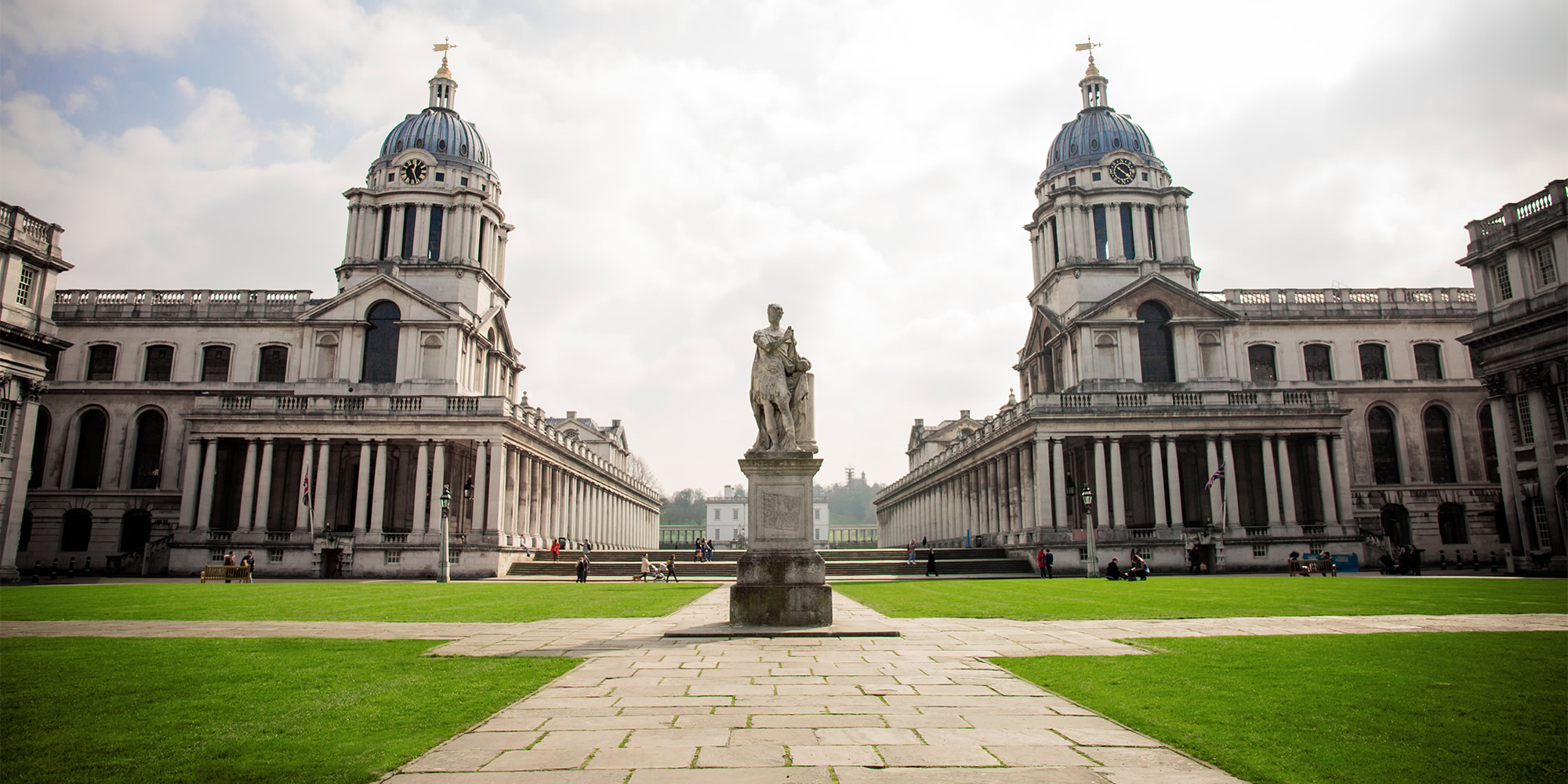University of Greenwich collaborates on £4M Engineering & Physical Sciences Research Council venture
ARCANE focuses on miniaturisation of high-pressure turbine castings that are critical for environmentally friendly hybrid electric long-range flight. These blades are manufactured as Nickel superalloy single crystals with incredible properties that allow operation at extreme conditions. However, even the smallest imperfection in the microstructure can render the blade useless, and miniaturisation brings about great challenges to prevent their formation.
At Greenwich, the Computational Science and Engineering Group in the Faculty of Engineering and Science will use their state-of-the-art mathematical modelling and computational simulation tools to develop the underpinning scientific understanding to mitigate defect formation and to then design new ways to reliably manufacture this new generation of blades.
Dr Andrew Kao, Director of the Centre for Advanced Simulation and Modelling:
“The way defects form in turbine blades is a complex multi-physics process involving microscale solidification, fluid dynamics and structural mechanics. We have spent decades developing numerical tools to meet this challenge.”

